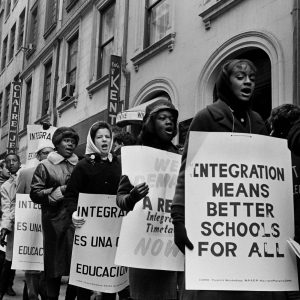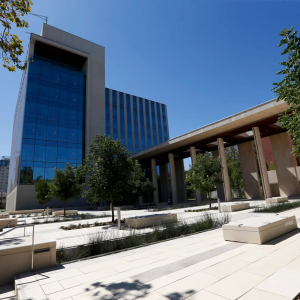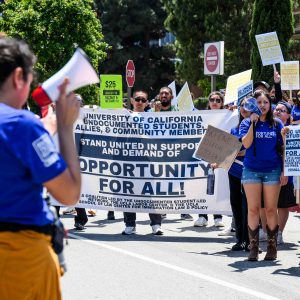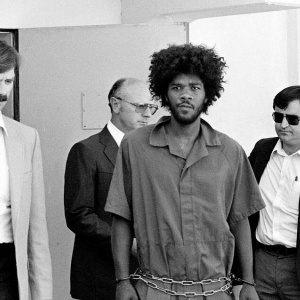
“What Makes Us Special is What Makes Us Open to Special Interests” was originally published in the Davis Political Review on February 4, 2015.
Recent allegations about lying during the gathering of signatures has brought the processes of initiatives, referenda, and recall measures into question. The bill that brought this question into the spotlight was Senate Bill 270 Solid Waste: single-use carryout bags. Passed by the state legislature in 2014 and signed on September 30th of the same year, the bill effectively bans the use of single-use plastic bags after July 2015. After the passage of SB 270 by the state legislature, major plastic manufacturers immediately began their counter-campaign. While collecting signatures to make the bill a statewide ballot referendum in 2016, they were accused of improperly gathering these signatures. Proponents of the bill claim that the companies that the manufacturers used to obtain signatures misled signatories, therefore making the signatures invalid. In this case, people were being misled to believe that their signatures were being used to uphold the ban or the facts of the ban were being misrepresented to be a tax on consumers.
In 2014 alone, there were more allegations of misleading signers. In both Seattle and San Diego, there has been conflict over minimum wage increases and whether or not signature gatherers are lying to the public in the process. If a company gets caught misleading the public, they may receive sanctions. In 2013 in San Diego, a judge ruled that although some signatures for a specific petition may be invalid, the voters still had a right to vote on the referendum. Even if some signatures are invalid, there is now precedent that the referendum will be placed on the ballot so long as there are enough signatures to have it placed on the ballot.
How to get a Measure on the Ballot
California was the 10th state to adopt the initiative and referendum processes in 1911 that are now known as common place to the electorate of California. Currently, it takes the signatures of 5% of the number of people who voted in the last gubernatorial election to place a referendum or initiative on the ballot to be voted on by the entirety of the state’s electorate. What this means is that it takes 5% of the number of people who voted for the state governor in the last election for that position. It can be more difficult to get a recall measure onto the ballot, however. The major difference is that it takes signatures of 12% of the last vote for the office or 20% for state legislative positions. Also, the petition needs to have signatures from at least five counties equal in number to 1% of the last vote for the office in that county.
Why These Allegations are Important
With California being the most populous state in the country and the state with the highest level of economic production, everything done in the state comes under great scrutiny when it comes to the democratic process. Since it requires so many signatures to place a referendum or initiative on the ballot (365,880 for 2015-2018), groups often use companies to get the signatures for these measures. Many of the companies used are consulting firms that are hired directly or are subcontracted by larger companies such as National Petition Management. These firms make anywhere from $1-$4 for every signature. Considering California initiatives currently take over 350,000 signatures to be put on the ballot, a company can make upwards of nearly $1.5 million for an initiative. This is a business with plenty of money to be made and because of that, there are plenty of firms competing for work, including SpoonWorks in New England and Goldstein Ostic & Associates in California among many others. When one company’s methods come under accusation, it brings the entire process into question because this process is supposed to be a greater process of direct democracy and any infringement on that is important.
Is the Process Weak?
This system is of the things that makes California special in that the initiative process in the state has resulted in some of the most influential legislation in state history, such as Prop. 13 from the 60’s that set strict restrictions on property taxes for the state. These processes also make the state vulnerable to the influence that can be bought by the wealthy. Because the process to get initiatives onto the ballot requires so many signatures and a small group of people simply cannot expect to procure these on their own, large amounts of money are needed to get measures onto ballots. As anyone who has taken Pol 104 with Professor Scott Mackenzie at U.C. Davis knows, there have been some quirky initiatives on the ballots and this is a result of the influence that money holds on the process. The important thing to know, however, is that the passage of any measure ultimately comes down to the electorate. All measures are voted on by the people of the state and this is the ultimate safeguard of the process. Whether or not the measure passes comes down to how the people vote and whether we know that what the measure will do is in the best interest of the state. This system is not broken in its current state because of that fact; because the people have the last say on every matter brought before them.




